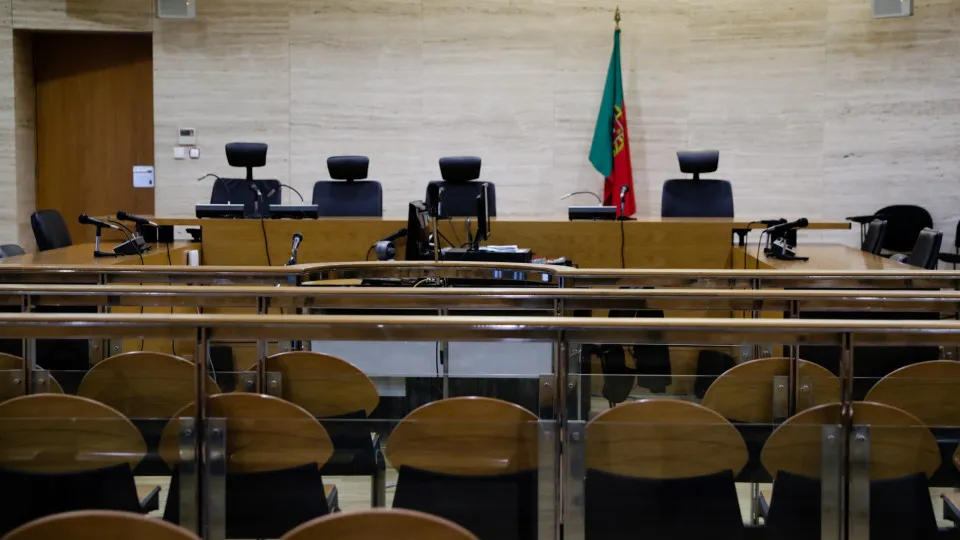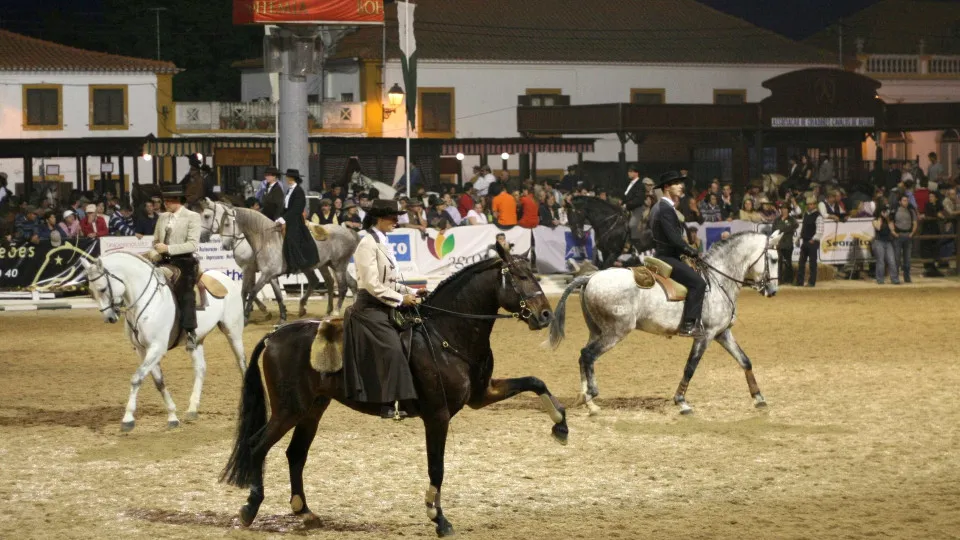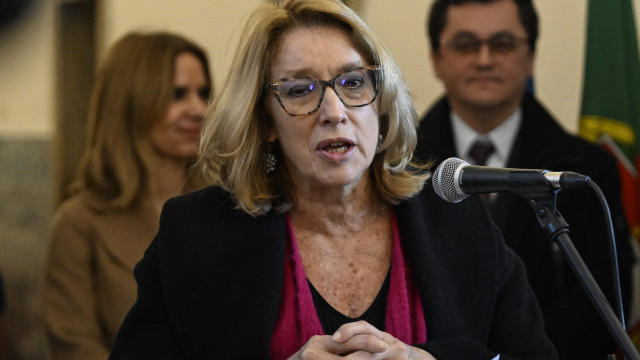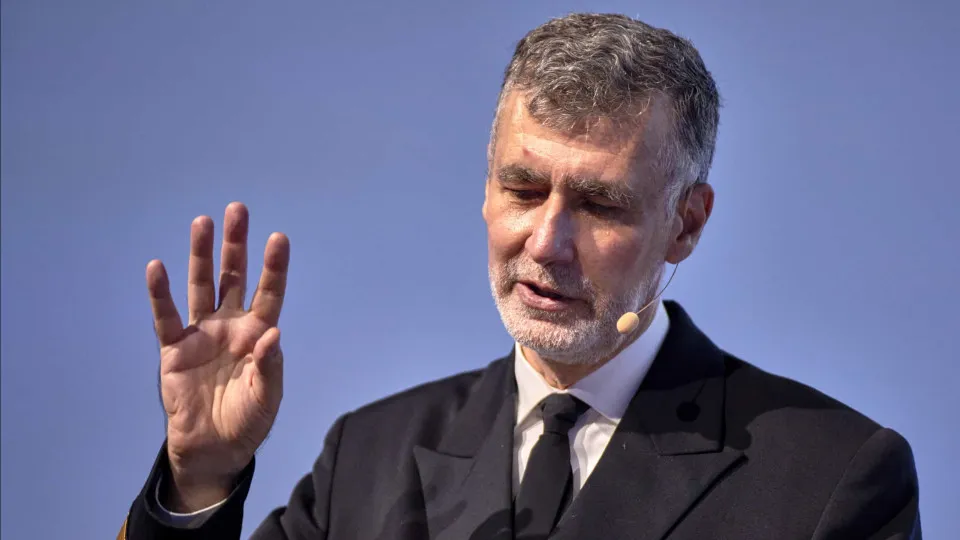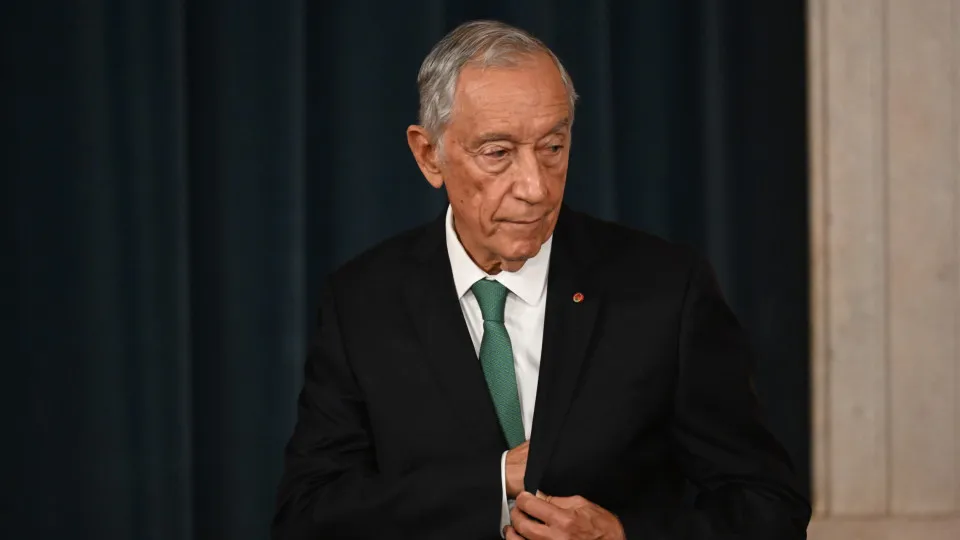
President Marcelo Rebelo de Sousa spoke to journalists following a brief meeting at the Presidential Palace with Angolan head of state João Lourenço, on the eve of Angola’s 50th independence anniversary celebrations.
In a gathering with Portuguese nationals at the ambassador’s residence in Luanda, he praised the role of the Portuguese community in the country, highlighting the “resilience and perseverance” of those who stayed during the most challenging times, contributing to the strengthening of bilateral relations.
“The biggest winners have been the Portuguese and Angolans who persevered and triumphed,” he remarked, noting that during his ten years as President, only two years did not go very well due to an “irritant” that strained relations, referring to the judicial process against former Angolan Vice President Manuel Vicente, which did not proceed to trial in Portugal.
In the past seven years, he emphasized, everything went “very well,” and the last four years were even better, attributing the improvement to “the contribution of the ambassador and all those with political responsibility, but above all the Portuguese who endured and continued.”
The Portuguese President said he understands what happens with thousands of Portuguese who fall in love with Angola, referring to the emotional connection he feels with the country, his family’s history, and his teaching days in the African nation, recalling that he taught “several of today’s politicians.”
Discussing the future relationship between the two countries, Marcelo Rebelo de Sousa stated that grudges and offenses have been left behind.
“There are always irritants, but it is understood that what unites us is much more important than what divides us,” he emphasized.
The Portuguese head of state remarked that this is “the last visit as President, but not as a Portuguese,” assuring he “will not stop following Angola.”
Marcelo also praised the role of Portuguese diplomacy, describing the current ambassador in Luanda, Francisco Alegre Duarte, ending his mission, as “exceptional,” emphasizing that “being an ambassador in Angola is very difficult,” and extolling the merits and “lineage” of Manuel Alegre’s son.
Marcelo Rebelo de Sousa further asserted that Portugal is a power, not due to physical territory or natural resources—except for the sea—but for its unique diaspora’s universal reach and its capacity for dialogue and understanding, enabling it to secure top positions in the United Nations and the European Union.
Marcelo Rebelo de Sousa concluded his remarks by stressing that “Angola is very meritorious, but there is no country like Portugal,” emphasizing that “what is good for Portugal is good for Angola.”

